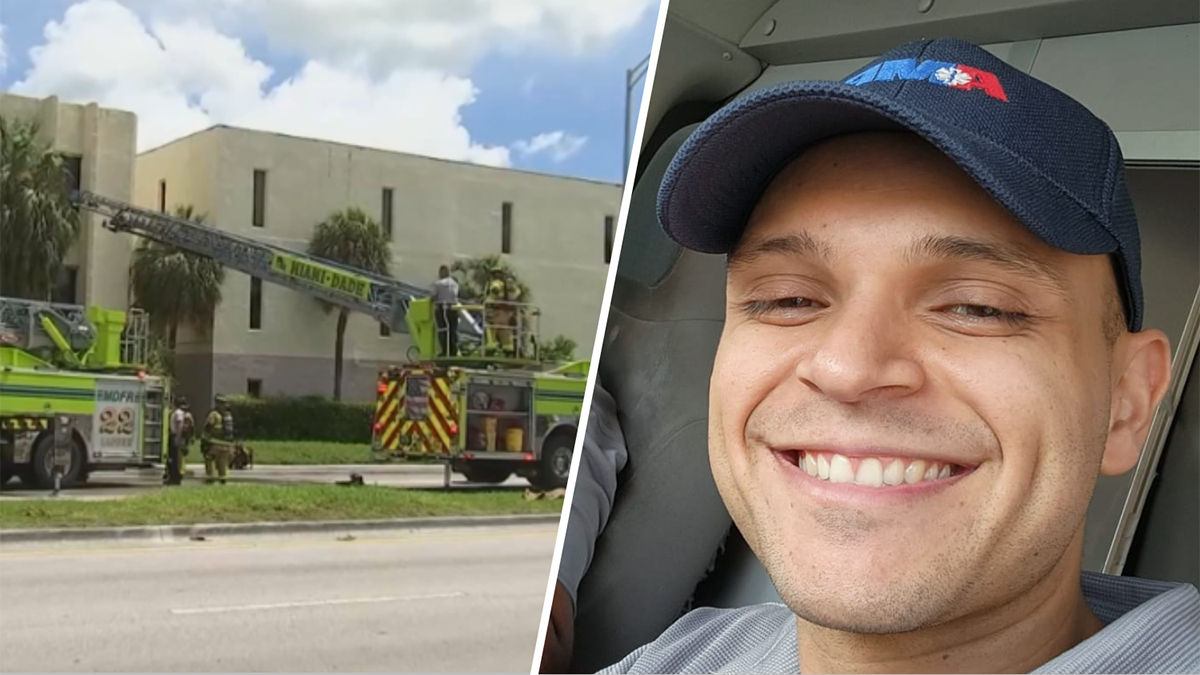A nationwide shortage of medications for ADHD has patients scrambling to fill their prescriptions.
The FDA and DEA are now calling on drugmakers to boost manufacturing to help with the issue, but some patients are turning to alternative medications, or lowering doses, to avoid going without.
Christy Moran was diagnosed with ADHD about a year and a half ago, and in recent months, she has had trouble refilling her prescriptions at pharmacies near her home in Hudson, Massachusetts.
"A lot of the times, they've told me that it's either out of stock, they don't know when they're going to be getting it back in, or that they only have a certain amount available, and if they've only had a certain amount of available, they've told me they can fill that, but then I can't get a refill for the rest of the month," said Moran. "So there's been many days when I haven't had my medication."
The Hurricane season is on. Our meteorologists are ready. Sign up for the NBC 6 Weather newsletter to get the latest forecast in your inbox.
Once, she was able to find her medication from a Facebook page where people crowdsource tips on supply.
"The biggest thing that I see are posts from parents saying, 'Hey, can someone let me know where they've been able to get a prescription?' Very often, it's like day by day, a pharmacy might have availability," Moran said.
Local
Her daughter has also been diagnosed with ADHD, but she takes a different medication that has not been as hard to find.
"She has a lot of challenges, just functionally getting through the day. So I can't even imagine not having that medication for more than a day or for weeks, especially with school starting up," Moran said.
The medication shortage started almost a year ago, due in part to manufacturing delays with a major drugmaker.
"It seems that the shortages are becoming wider, deeper and now affecting pretty much all stimulant classes and medicines that are used for ADHD," said Dr. Timothy Wilens, chief of the Division of Child and Adolescent Psychiatry at Massachusetts General Hospital in Boston.
He said some patients have had to change medications as a result of the shortage.
"It's a burden to families, because sometimes we've had to use smaller amounts of the medication, but at an increased frequency that may cost more than a copay, or we've had to go from a generic, less expensive one to a branded medication that may have a higher copay," Wilens said.
In addition to manufacturing and supply chain issues, he said other companies weren't able to increase supply because there are quotas for controlled substances.
"Remember, there were a number of issues with overprescribing and overuse of opioids, and new legislation and litigation that followed that, that now we're seeing unintended consequences on stimulants," said Wilens. "At the pharmacy level, the amount of stimulants that they get are often predetermined two to three months in advance with ordering. And if all you need is a few families to go from one pharmacy to another, and it uses that supply the pharmacy may have, that then wouldn't be available to the regular families that go to this pharmacy."
He shared some recommendations for patients impacted by these shortages:
- Renew prescriptions early
- Contact pharmacies to see if they have the medication in stock and let prescribers know to send it to that pharmacy
- Talk with your provider about exploring options for other substitute medications
- Have patience
"Try to have some patience with the pharmacy. They're doing the best job they can. They're caught in the middle of this. Practices like myself are up 50%, or half of our requests for stimulant prescriptions are actually resending stimulant prescriptions to different pharmacies because of shortages," said Wilens. "And then finally for your child, or yourself, if you're missing doses, etc. You know, it's going to be hard. It's going to be tough because you're off your medicines for ADHD. But cut your child or yourself some slack, knowing that it's not your fault. It's an issue with the availability of these medicines."



